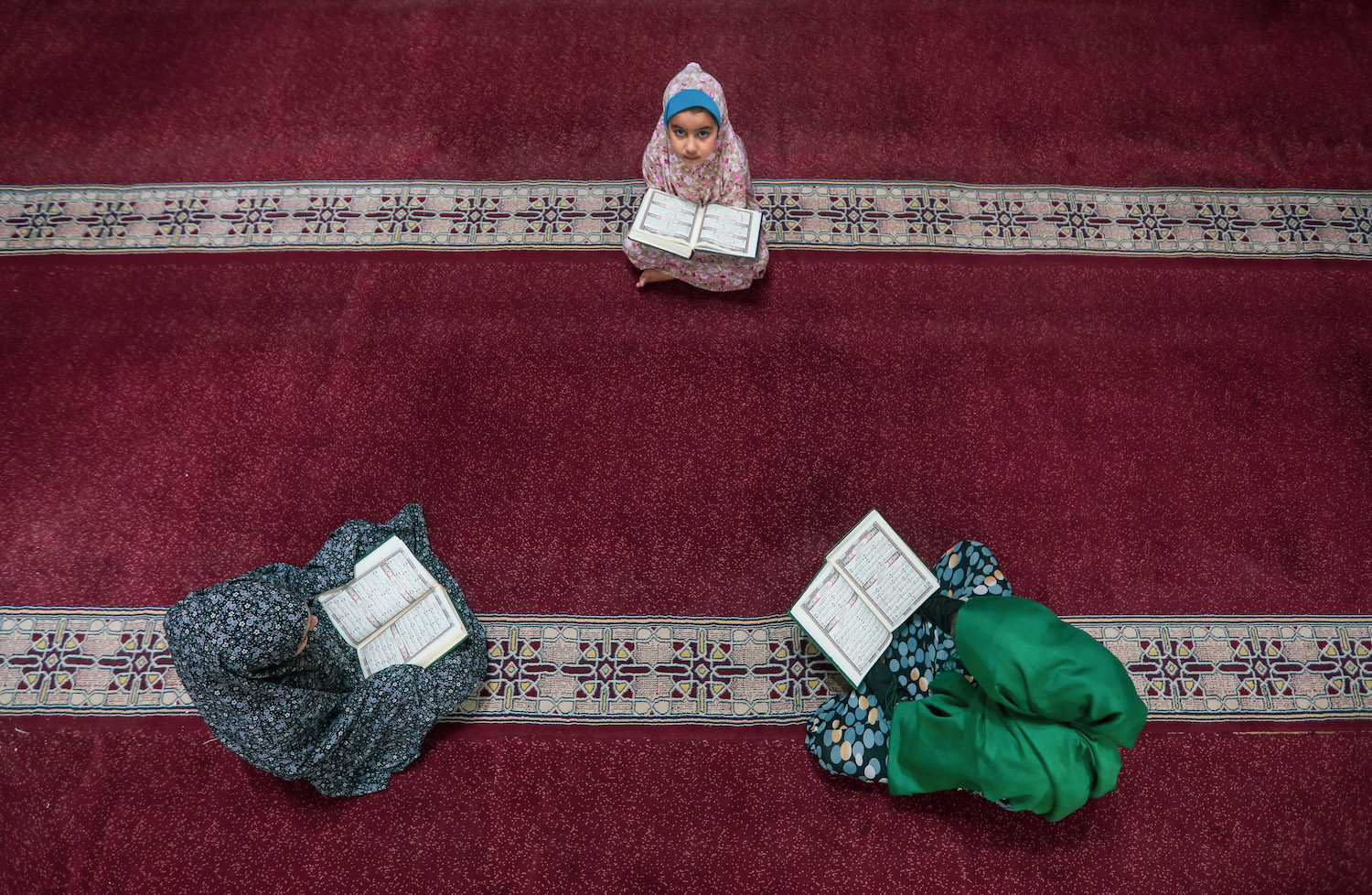With the world ravaged by COVID-19, Muslims everywhere are marking the holy month of Ramadan differently this year. Gaza is no exception.
Although Hamas authorities have banned large gatherings and mosques are closed for prayer, the strip’s residents have ushered in the holiday with fireworks, and decorated the streets with lights and lanterns.
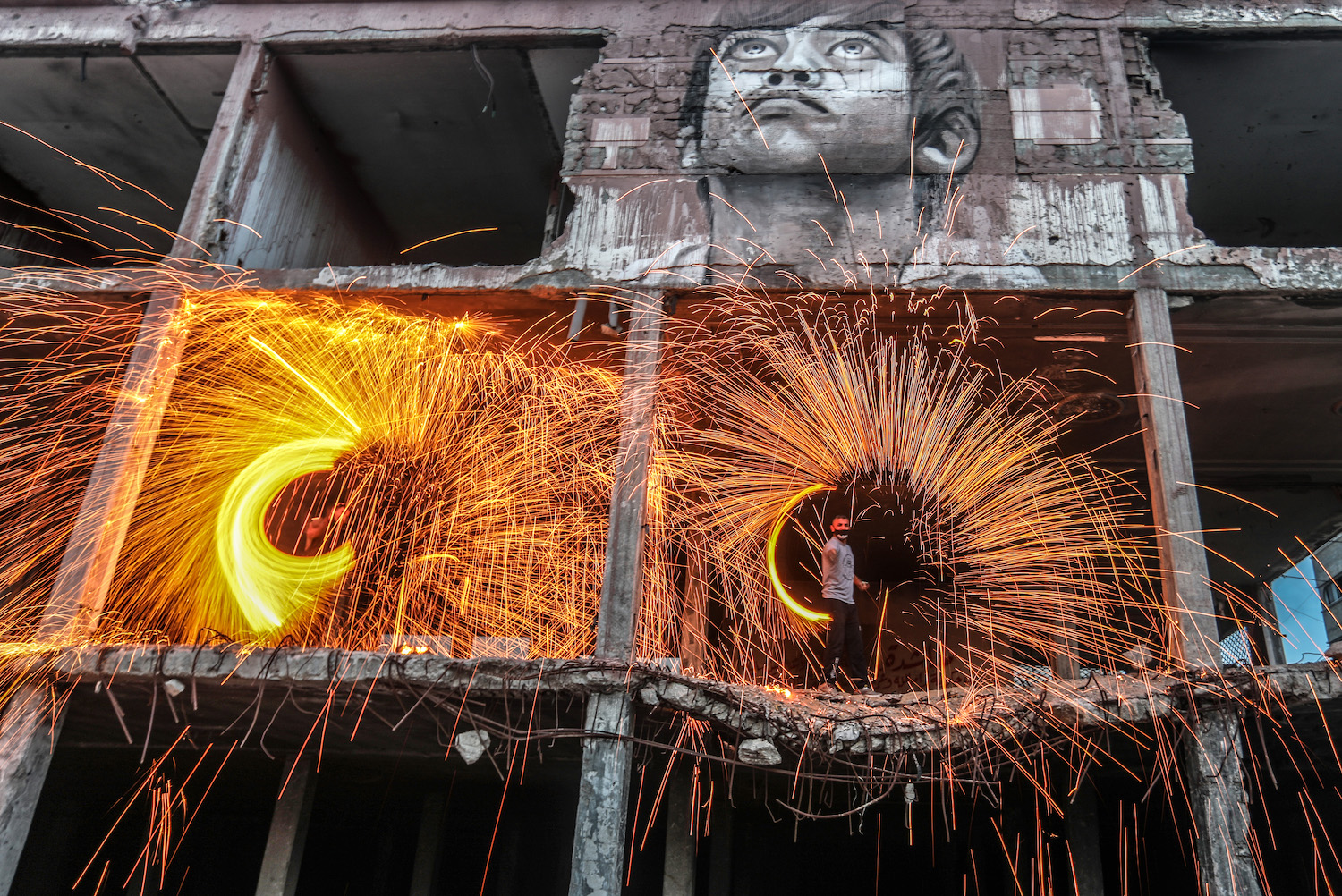
The bustling markets have gone quiet, said Abu Mohammad, 42, a logistics manager from Gaza City. It reminds him of the way Palestinians in Gaza marked Ramadan during the 2014 war.
The government’s directives to stem the spread of the coronavirus disease have made it difficult to feel the spirit of the holiday, he added. In an attempt to do so, he has been observing Taraweeh, the evening Ramadan prayer typically led by the mosque’s imam, at home with his family of 10.
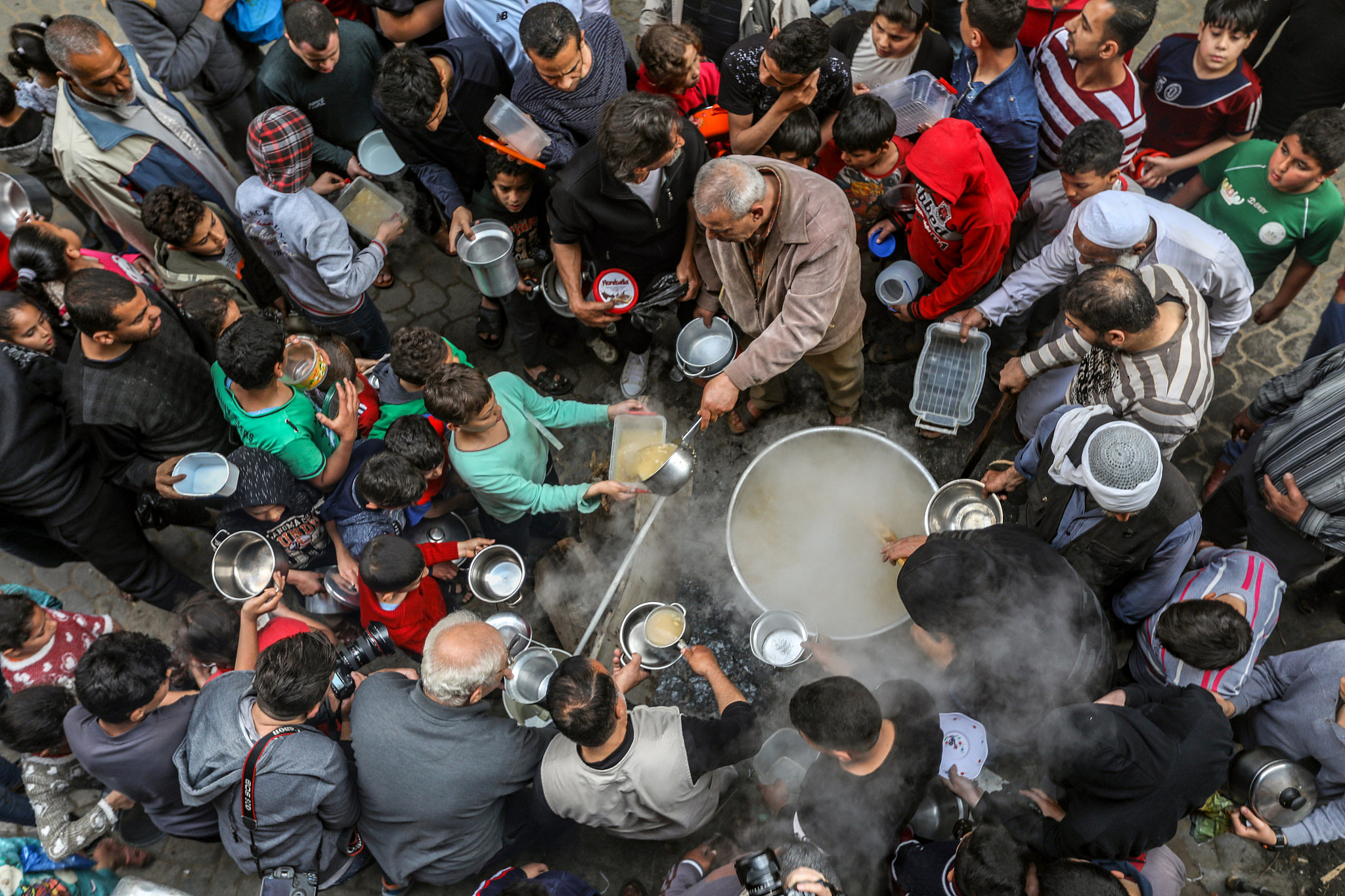
The pandemic has shone an even brighter light on the rampant poverty in Gaza. After 13 years of Israeli blockade and several wars, Gaza’s infrastructure is debilitated. The strip’s 2 million residents lack access to clean water, experience regular electricity cuts, and suffer severe shortages in essential medical equipment. Unemployment rates, particularly among young people, are of the highest in the world.
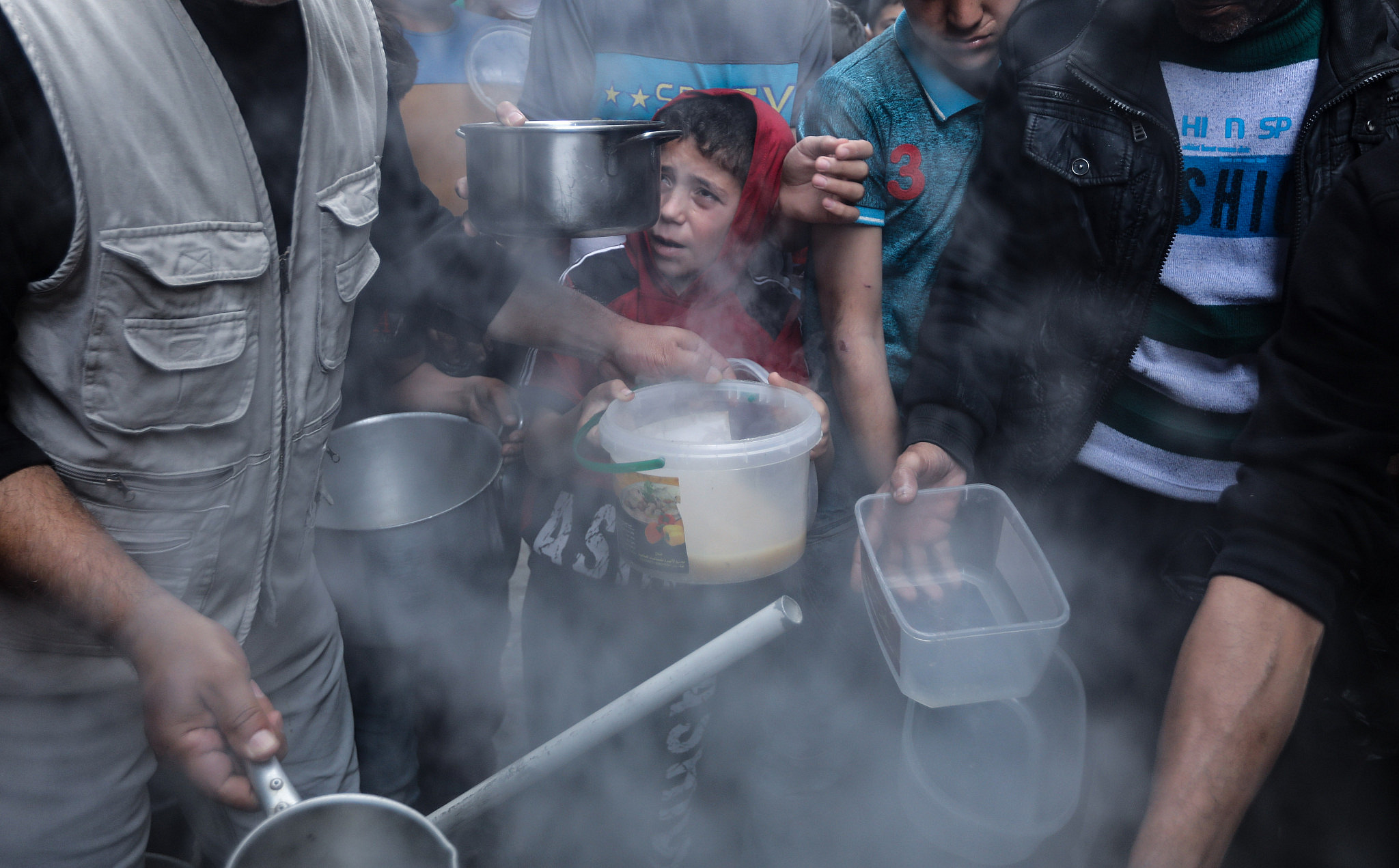
With that in mind, Walid Hattab was determined to continue his yearly tradition of cooking a communal meal for the residents of the Shuja’iyah neighborhood, despite the lockdown. This initiative, which he started several years ago and which he funds from his own pocket, has made him famous in the neighborhood. Children and adults alike huddled around his cauldron in the street, stretching their arms out for some soup, which Hattab prepared with extra care.
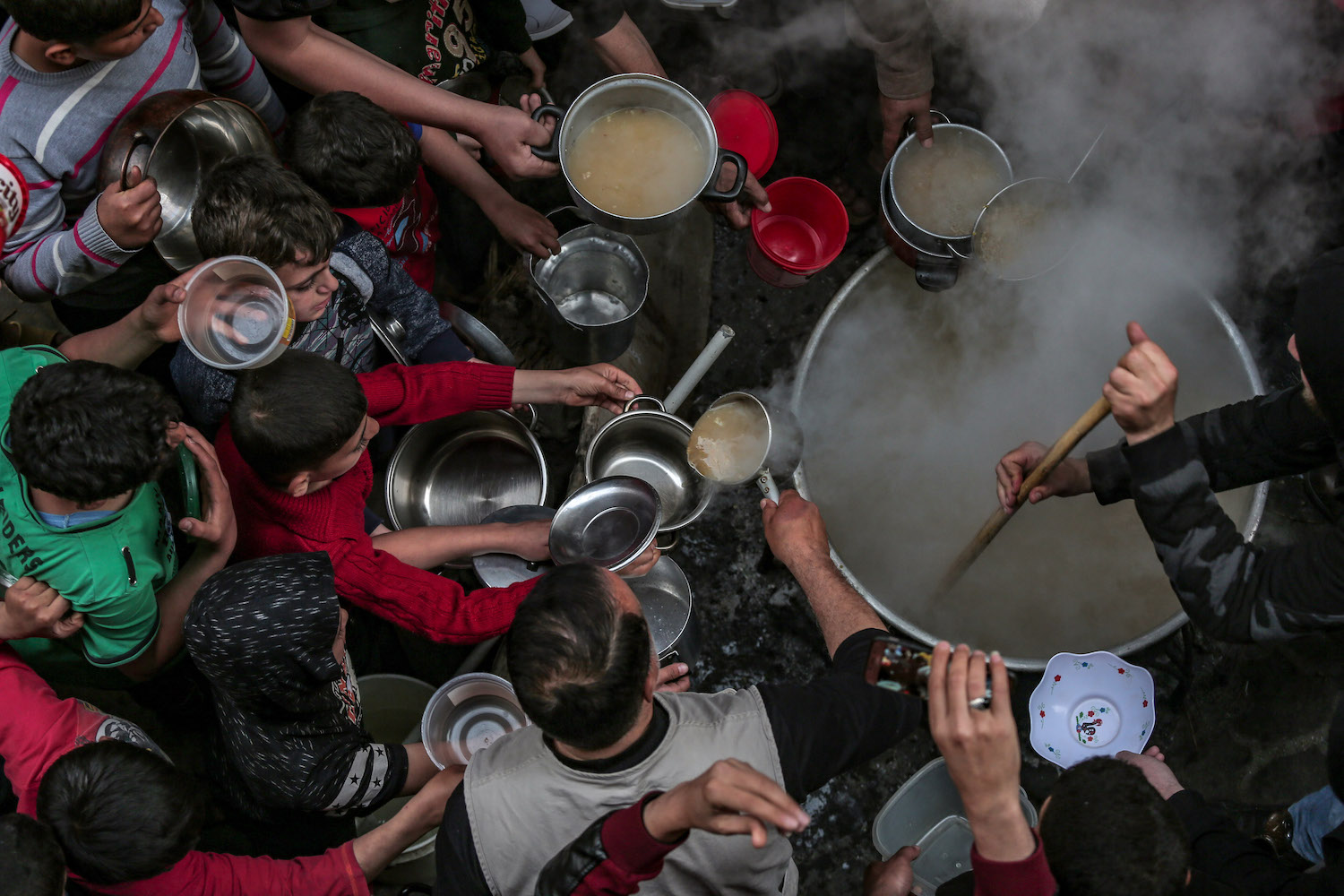
Abu Mahmoud who sells qatayef, a sweet dumpling customarily served during Ramadan, said sales have been especially slow this year. He pointed out that the coronavirus lockdown has not only shuttered markets, but the resulting economic crisis has meant that people are also less willing to spend money.
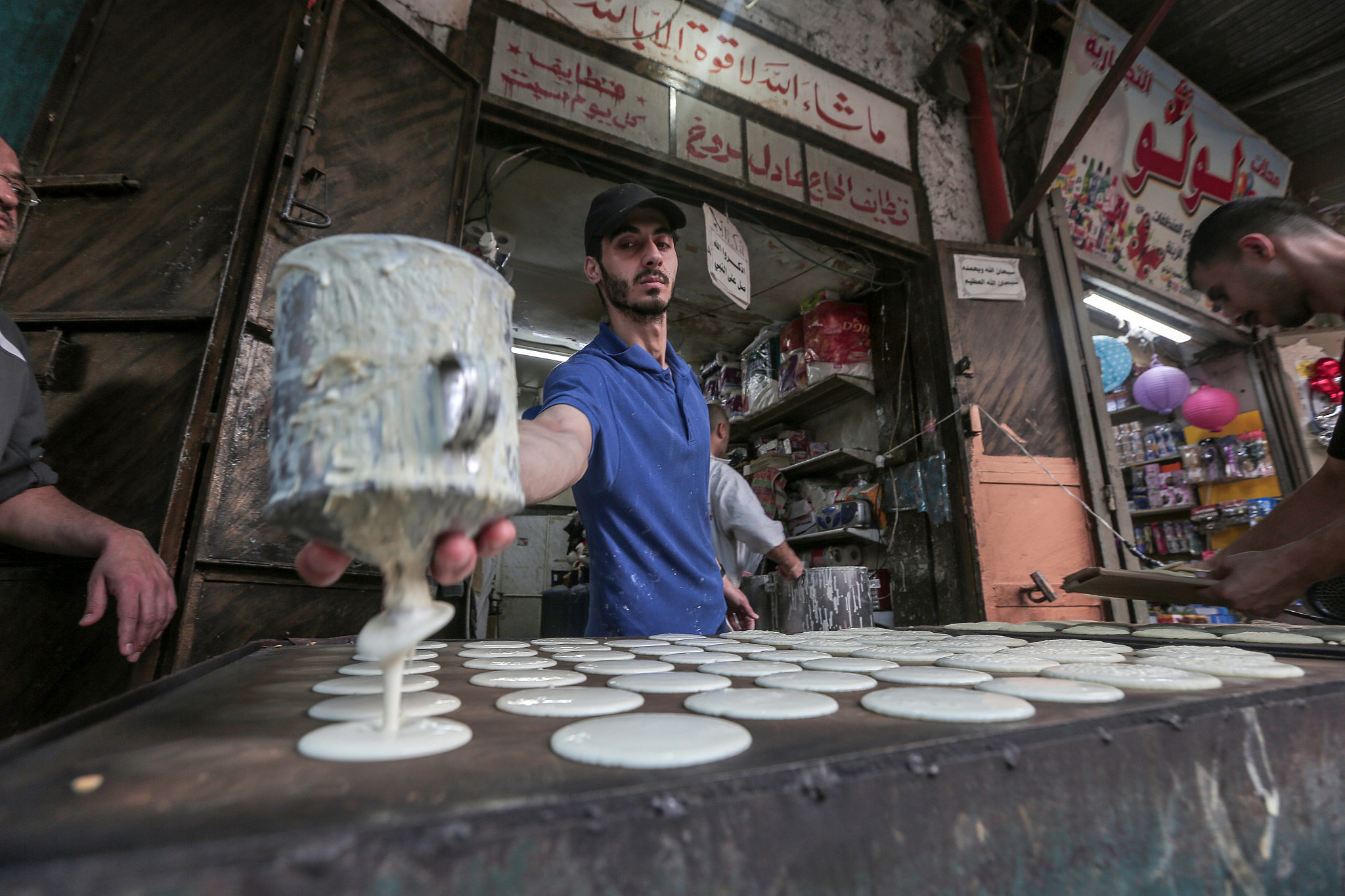
As a result, Abu Mahmoud decided to sell qatayef at a discounted rate this year. Still, he has only managed to make half of the NIS 700 ($200) he usually earns in the first week of Ramadan. “Thank God for everything,” he said.
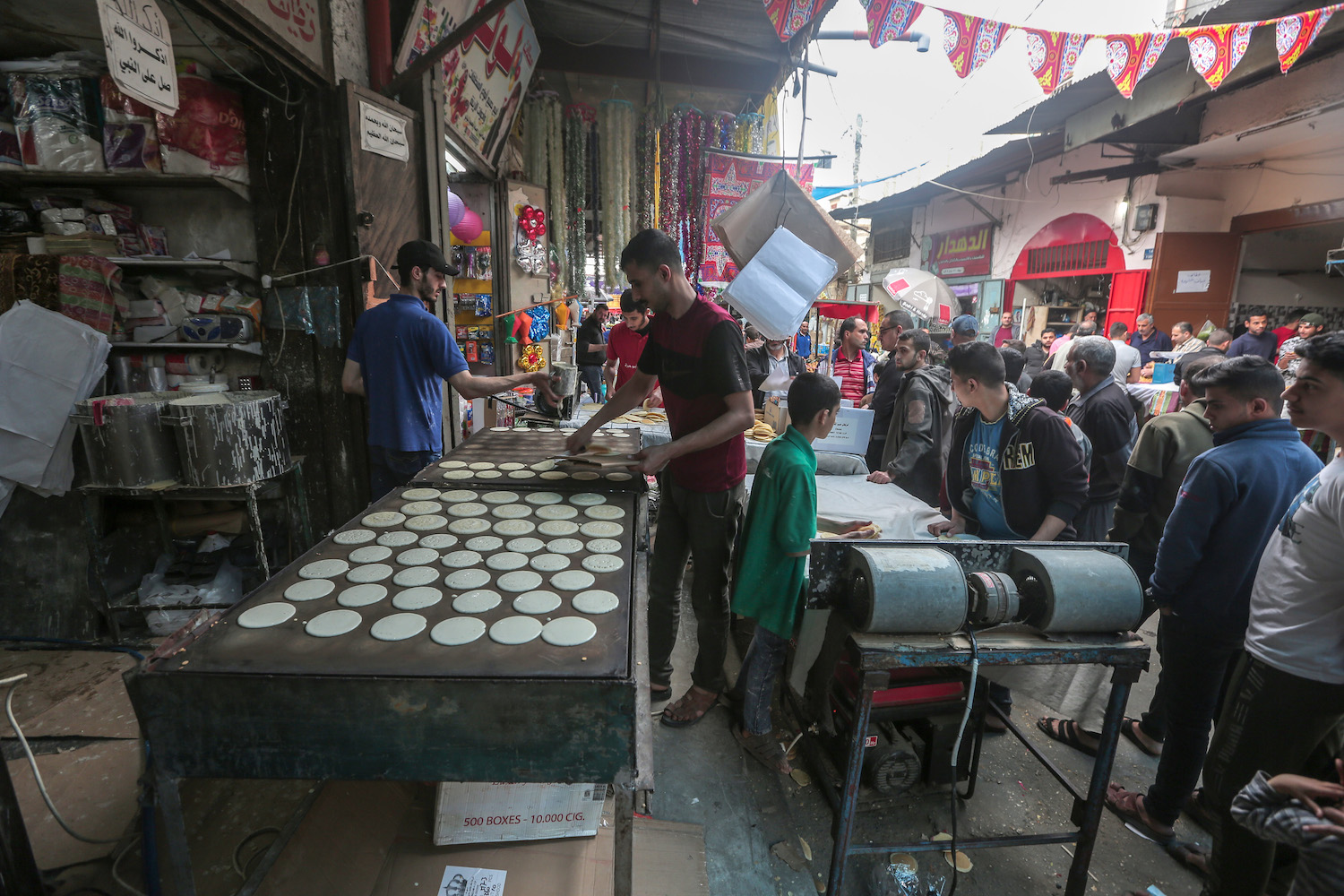
Ramadan is a popular month for children to take Quran recitation lessons at their local mosque. The precautions have prevented these workshops from taking place this year.
“We had to make tough decisions to avoid what would have been an even tougher outcome,” said Toufiq Abu Na’im of Gaza’s Interior Ministry. Closing mosques and prohibiting communal iftars [the breaking of the fast] and group festivities that make Ramadan so special were difficult but necessary steps to contain the spread of the coronavirus, he explained.

